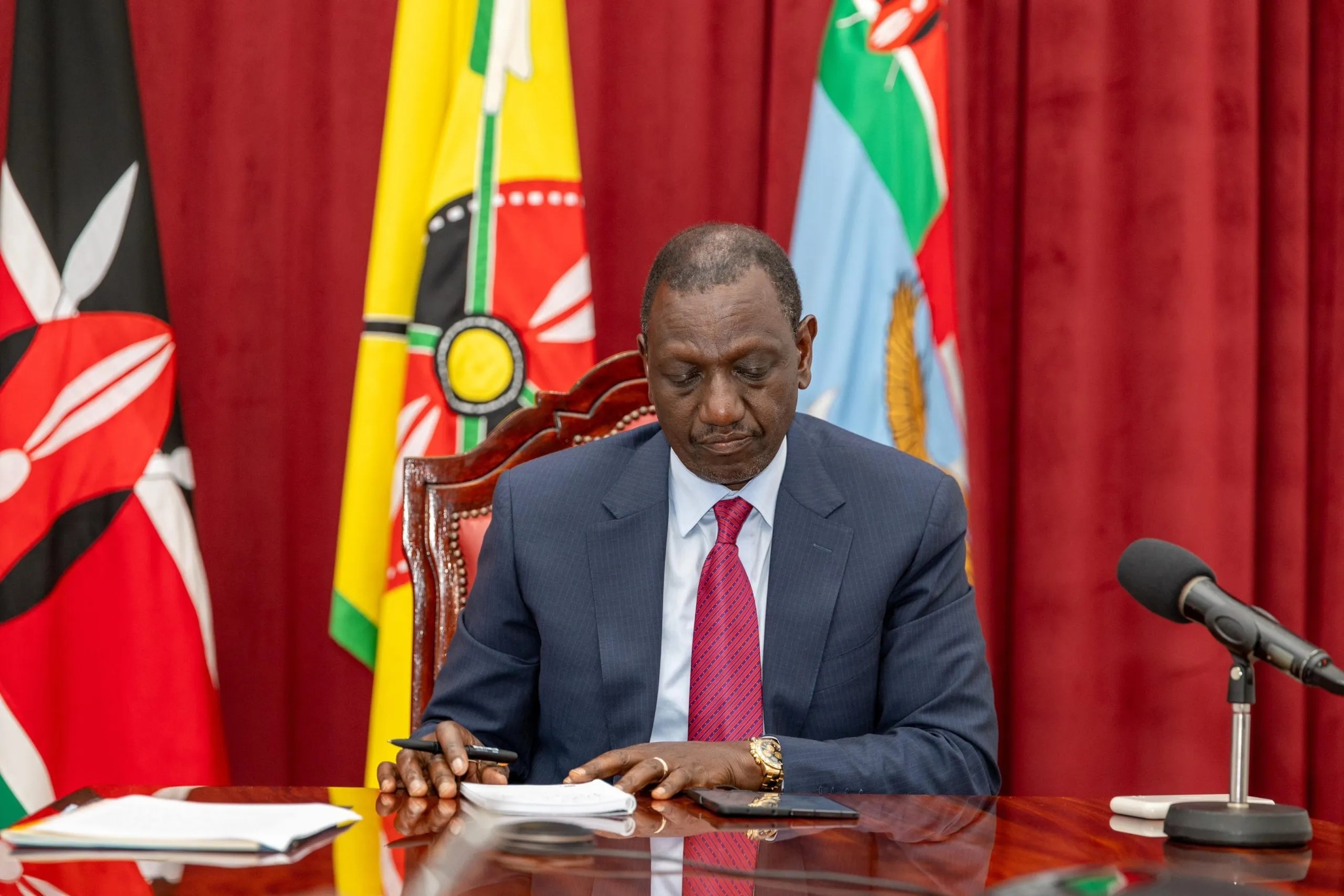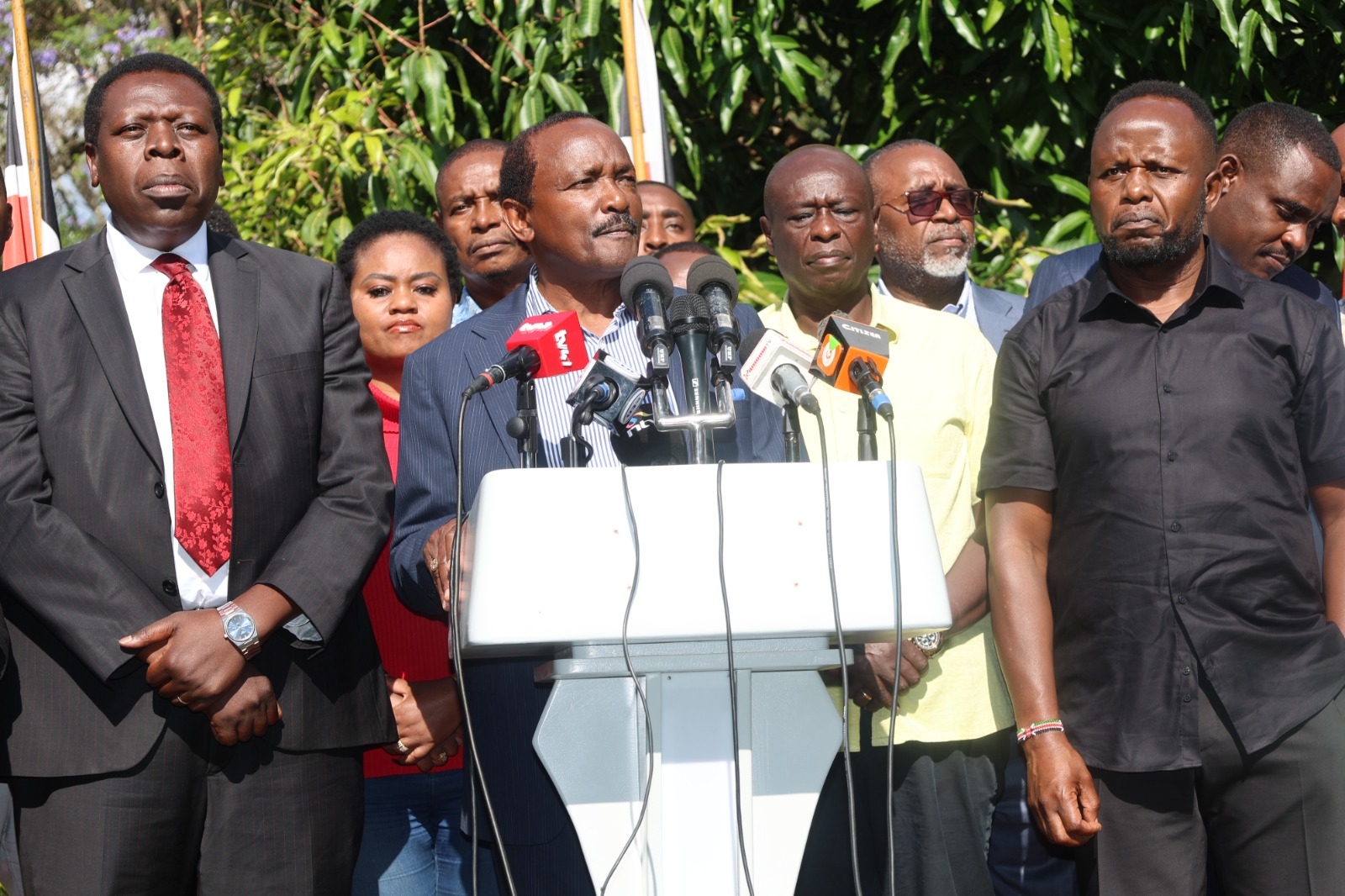Kenya only receives 21 per cent of the total funding that it ought to be receiving from domestic and international channels, directed towards climate change mitigation and adaptation actions.
This according to the African Centre for Technology Studies (ACTS), which says the country is facing a substantial financing gap amidst increasing global warming effects such as drought and floods.
"Kenya faces a 79 per cent climate change financing gap, and the situation is headed to a worse state if nothing is done to finance adaptation to climate change effects," said Joel Onyango, the programme lead at ACTS.
He was speaking during the launch of ACTS Pathways Academy, a virtual resource training centre for action on climate change empowerment.
“Kenya is already feeling the effects of climate change. The widespread poverty, recurrent droughts and floods, coupled by inequitable land distribution, overdependence on rain-fed agriculture, and limited coping mechanisms all combine to increase people’s vulnerability to climate change,” Onyango said.
He added that many Kenyans currenrly have little security against intense climatic effects.
"They have few resource reserves, poor housing and depend on natural resources for their living."
He further noted that the most affected sectors include agriculture, especially those depending on rain fed irrigation.
It is therefore important for the country to continue implementing strategies that contribute to mitigation and adaptation to the negative impacts of climate change in order to protect its citizens and economy, he said in part.
This echoes the African Development Bank (AfDB's) stance on the country's state of funding from multinationals towards climate action.
Speaking on Wednesday during a policy briefing forum organised by Power Up, Olufunso Somorin, the regional principal officer at AfDB, said Kenya should build further its capacities to attract more funding, mostly towards adaptation measures.
"The country needs to prioritise adaptation funding more, compared to mitigation funding to attract additional funding. Currently, only 20 per cent goes to adaptation projects while the rest goes to mitigation,” Somorin said.
The launched ACTS virtual academy seeks to help bridge concerns such as the financing constraints by providing access to borderless, flexible, informative training to foster skills, knowledge and collaborations on climate change.
It intends to train over 5,000 experts in the first year and partner with four different universities in Africa in a bid to enhance capacity in the continent to contribute to climate action.



















